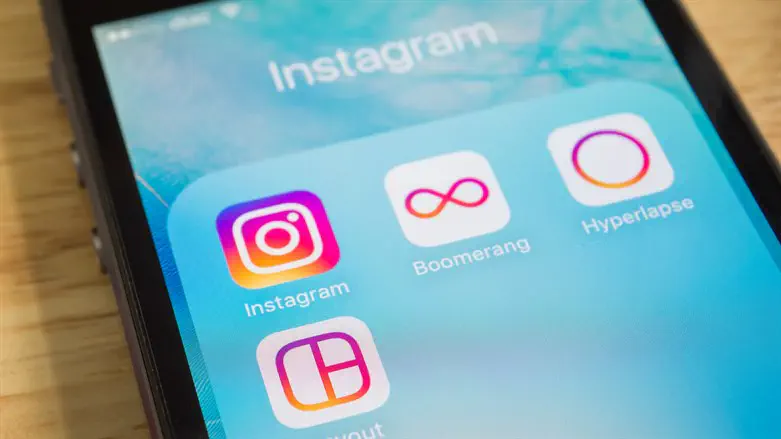
Iran on Wednesday cut access to Instagram and WhatsApp, two of the last remaining social networks in the country, amid protests over the death of a woman in police custody, Reuters reported.
Internet watchdog NetBlocks also reported a "nation-scale loss of connectivity" on Iran's mail mobile telephone provider and another company's network, according to the report.
WhatsApp's servers have been disrupted on multiple internet providers, hours after Instagram's services were blocked, London-based NetBlocks said.
The group's data shows a near-total disruption to internet service in parts of Kurdistan province in west Iran since Monday, while the capital city of Tehran and other parts of the country have also faced disruptions since Friday when protests first broke out.
Two residents in Tehran and southern Iran quoted by Reuters said they could only send text and not pictures on WhatsApp and that Instagram appeared to be completely blocked.
The disruptions come following the death last week of 22-year-old Mahsa Amini, who was arrested by morality police in Tehran for "unsuitable attire".
Amini's death sparked a wave of online criticism, with users noting that the injuries seen in a photo of her in a hospital bed point towards cranial injury, rather than cardiac event, as the cause of death. Iranian President Ebrahim Raisi ordered a probe in the case.
Her death has unleashed anger and protests which have resulted in the deaths of at least five demonstrators.
Iran has often curbed internet access to make it difficult for protesters to post videos on social media to generate support and also to obtain reliable reports on the extent of the unrest.
In addition, Iran shuts down media outlets that are deemed to be undermining the regime, and also blocks access to numerous websites, including Facebook and Twitter.
Authorities in Iran previously banned Instagram in 2019, citing national security concerns.
The conservative-dominated Iranian judiciary at one time blocked the online navigation app Waze because it was designed in Israel, which Iran does not recognize. As of January 2018, however, reports said the app was once again working in Iran.
